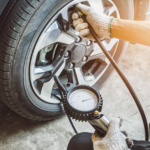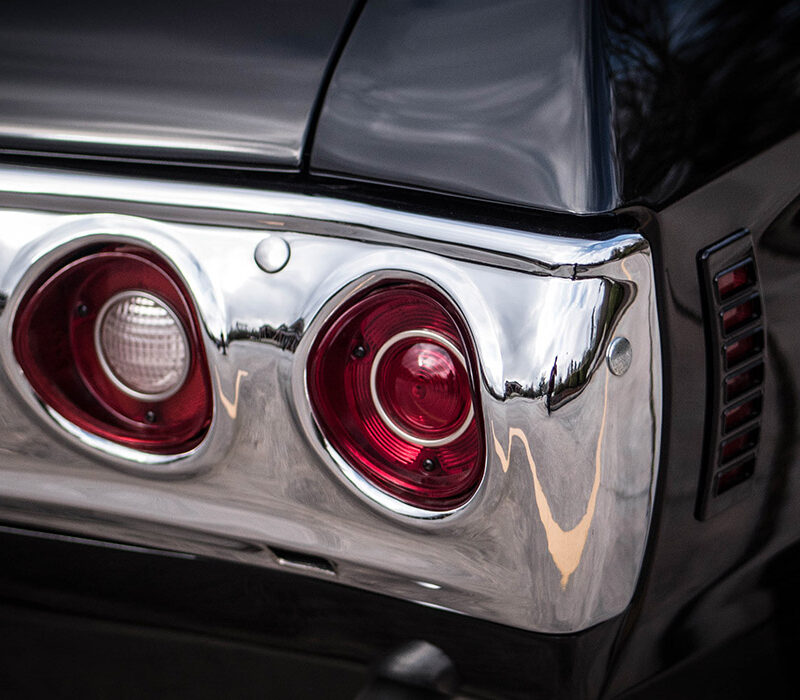As summer approaches, it’s essential to understand how high temperatures can impact your car’s performance. One critical component that is often affected by the heat is your car’s water pump. The water pump is a vital part of the cooling system, responsible for maintaining the flow of coolant and ensuring your engine stays at the optimal temperature. But how do high temperatures affect your car’s water pump pressure? Let’s dive in and explore this crucial aspect of vehicle maintenance.
The Role of the Water Pump in Your Car
The water pump is a mechanical device that circulates coolant from the radiator to the engine and back. It helps to dissipate the heat generated by the engine, preventing overheating and ensuring smooth operation. Maintaining proper water pump pressure is crucial for the effective functioning of this system.
Impact of High Temperatures on Water Pump Pressure
1. Increased Coolant Temperature
During hot weather, the coolant temperature naturally rises. The water pump has to work harder to circulate the hot coolant through the engine and radiator. This increased workload can lead to a rise in water pump pressure. If the pressure becomes too high, it can strain the pump and other components of the cooling system.
2. Thermal Expansion of Coolant
Coolants are designed to expand when heated. As temperatures soar, the coolant expands more than usual, increasing the overall pressure within the cooling system. This added pressure can affect the water pump’s efficiency and potentially cause leaks or failures if the system is not adequately maintained.
3. Increased Engine Load
High temperatures often mean running the air conditioning more frequently, which adds to the engine load. An overworked engine produces more heat, requiring the water pump to circulate coolant more vigorously. This can lead to elevated water pump pressure and increased wear and tear on the pump.
4. Reduced Cooling Efficiency
In extreme heat, the cooling system may struggle to dissipate heat effectively, even with the water pump working at full capacity. Reduced cooling efficiency can cause the coolant to overheat, leading to high pressure in the system. Persistent high pressure can damage the water pump seals and bearings, leading to leaks and pump failure.
Signs of Water Pump Pressure Problems
It’s important to recognize the signs of water pump pressure issues before they lead to more significant problems. Here are some symptoms to watch out for:
- Overheating Engine: If your engine temperature gauge is consistently high, it could indicate a problem with the water pump pressure.
- Coolant Leaks: Puddles of coolant under your car or a drop in coolant levels can signal a leak caused by excessive pressure.
- Unusual Noises: Grinding or whining noises from the front of the engine could indicate a failing water pump.
- Steam or Vapor: Steam from the engine bay suggests that the coolant is boiling due to high pressure.
Preventive Measures to Protect Your Water Pump
1. Regular Maintenance
Regularly check and maintain your cooling system. Ensure that the coolant levels are adequate and that the coolant mixture is appropriate for the season. Regular maintenance can prevent many pressure-related issues.
2. Monitor Engine Temperature
Keep an eye on your engine temperature gauge, especially during hot weather. If you notice any unusual readings, address them promptly to avoid overloading your water pump.
3. Inspect for Leaks
Regularly inspect your car for coolant leaks. Early detection of leaks can prevent pressure build-up and protect your water pump from damage.
4. Use Quality Coolant
Always use the coolant recommended by your vehicle manufacturer. High-quality coolant can withstand higher temperatures and reduce the risk of thermal expansion and excessive pressure.
Conclusion
High temperatures can significantly impact your car’s water pump pressure, leading to potential overheating and mechanical failures. By understanding these effects and taking preventive measures, you can ensure your cooling system functions optimally, even in the hottest conditions. Regular maintenance, monitoring engine temperature, and using quality coolant are key to protecting your water pump and keeping your car running smoothly throughout the summer.
Remember, staying proactive about your vehicle’s cooling system can save you from costly repairs and keep your car performing at its best, no matter the weather. Stay cool and drive safe!











